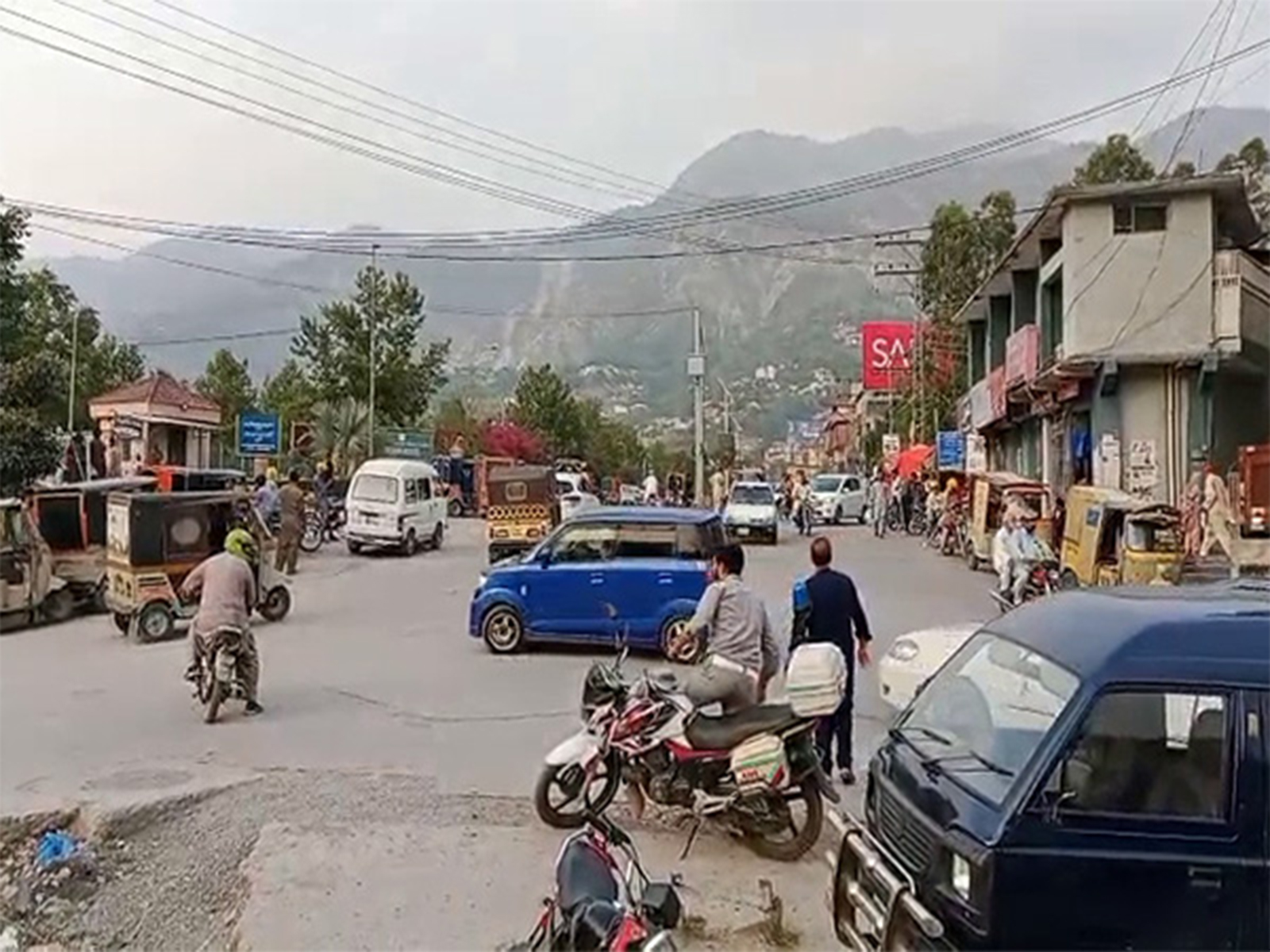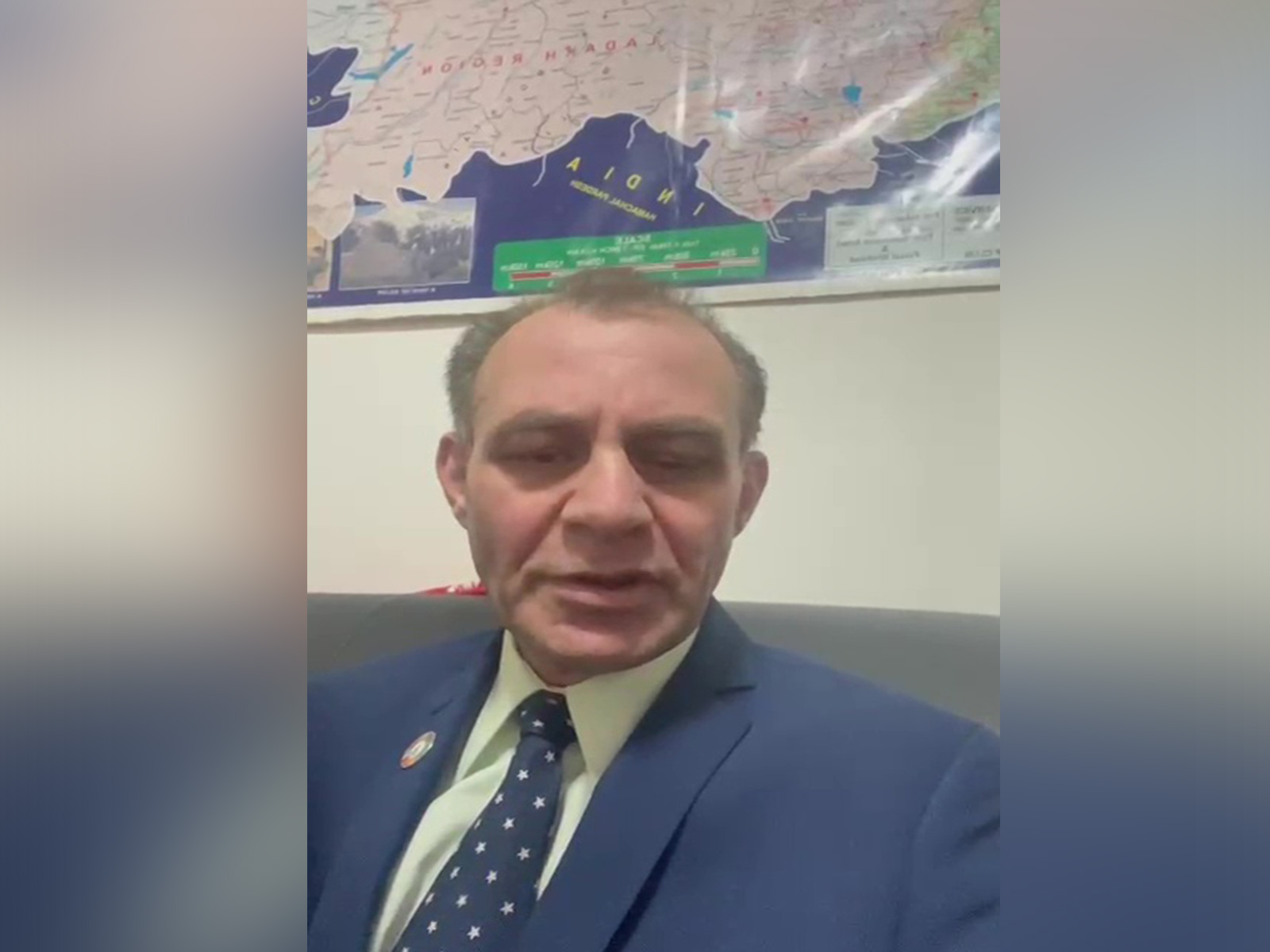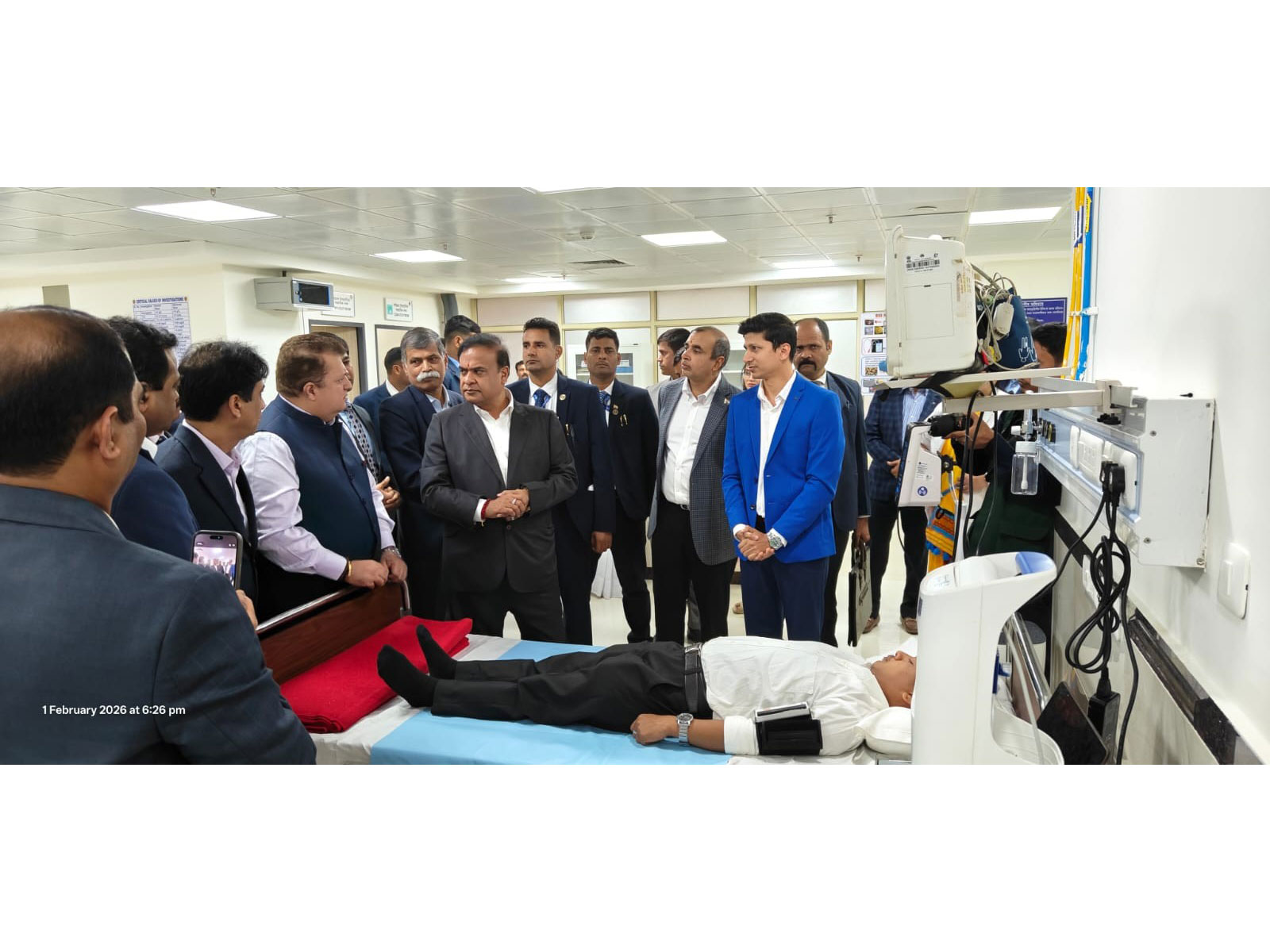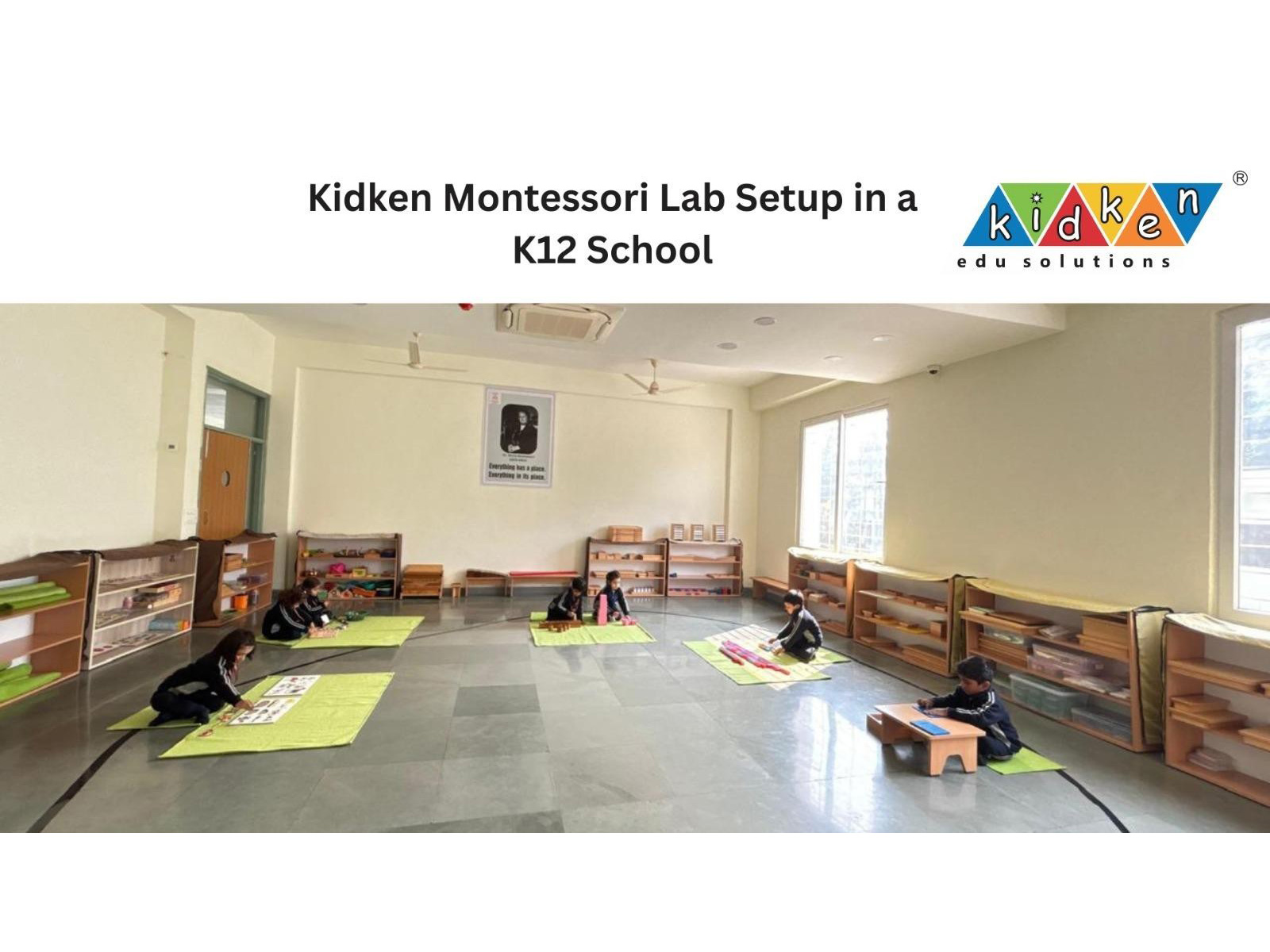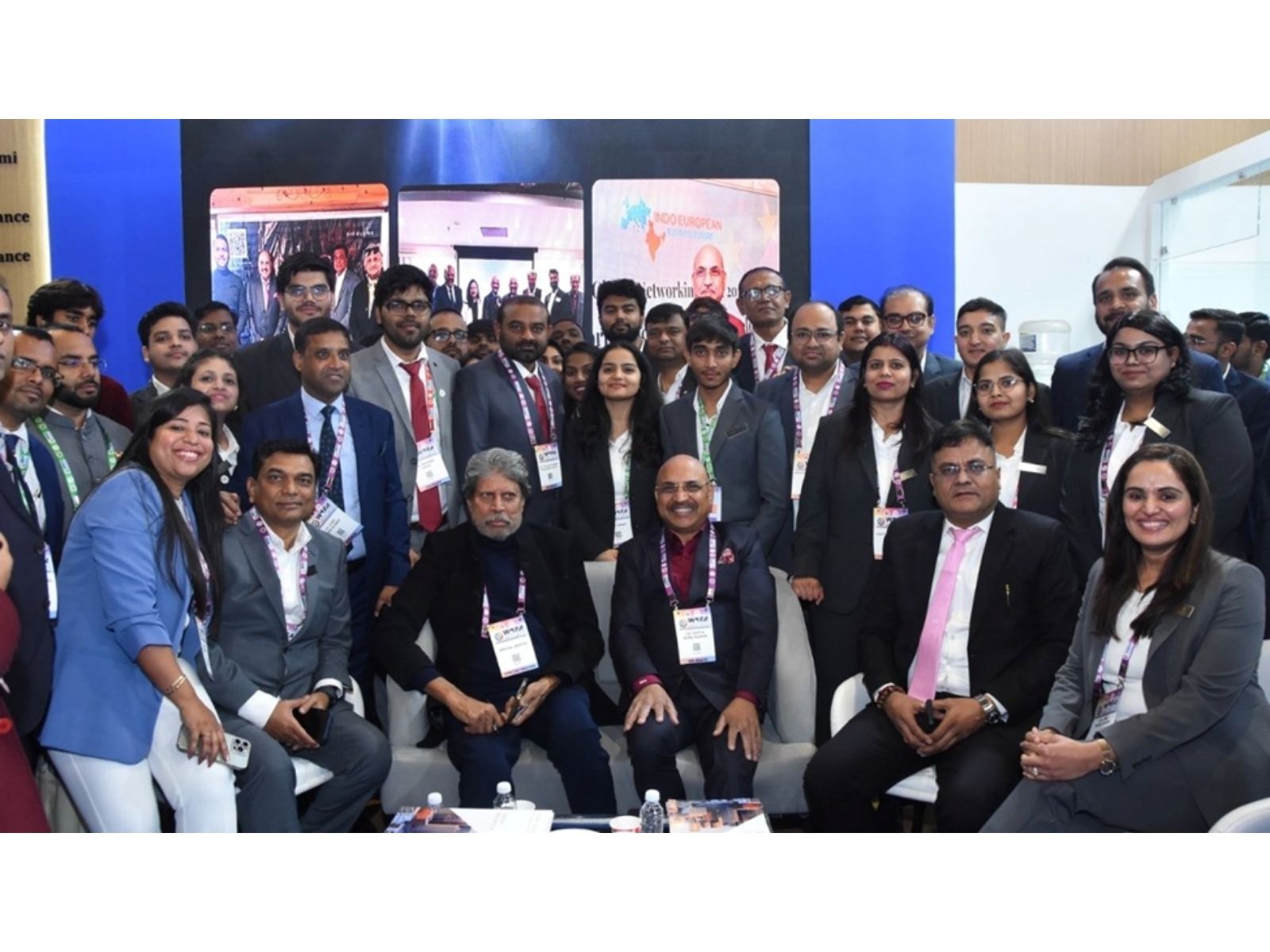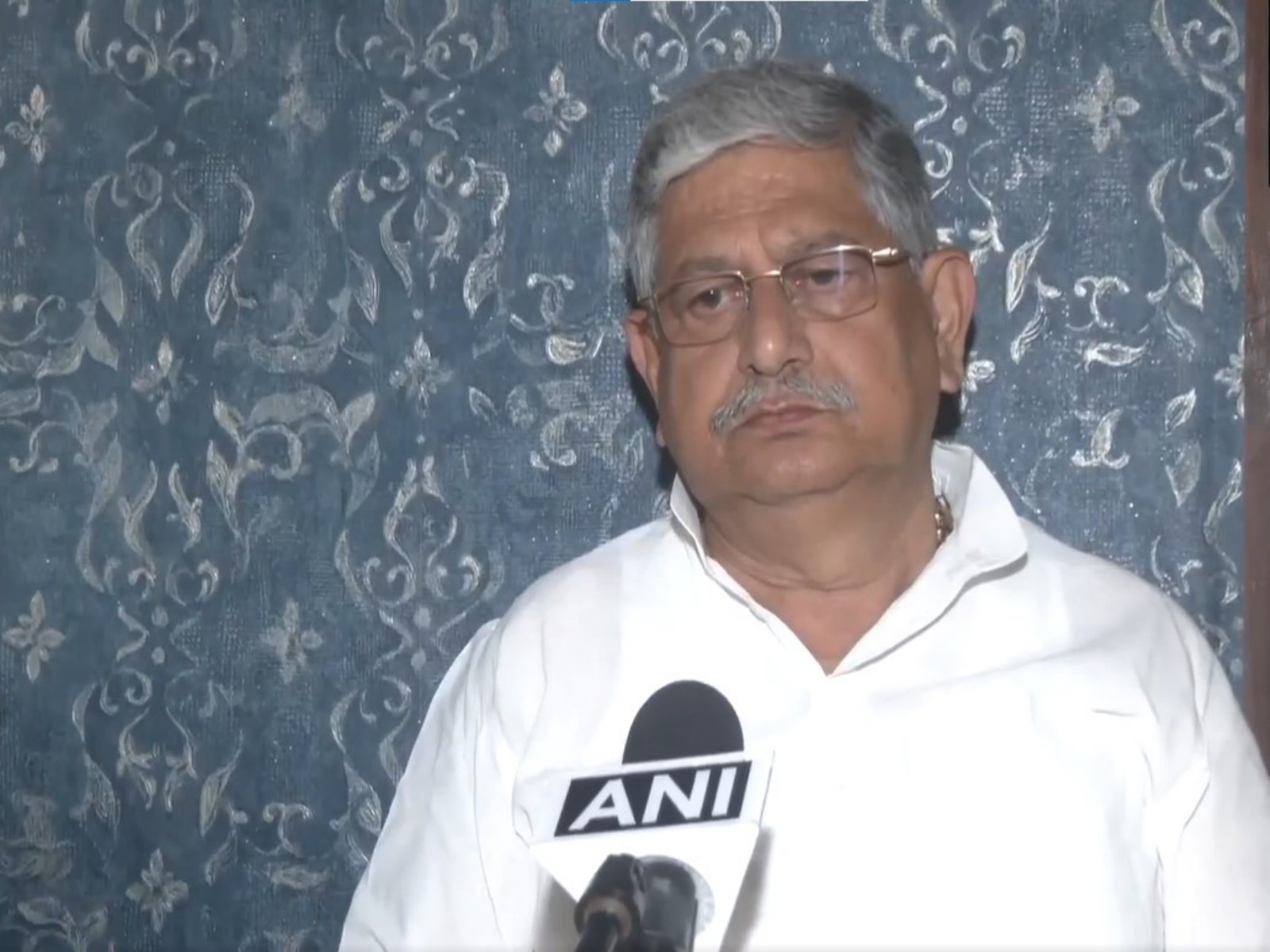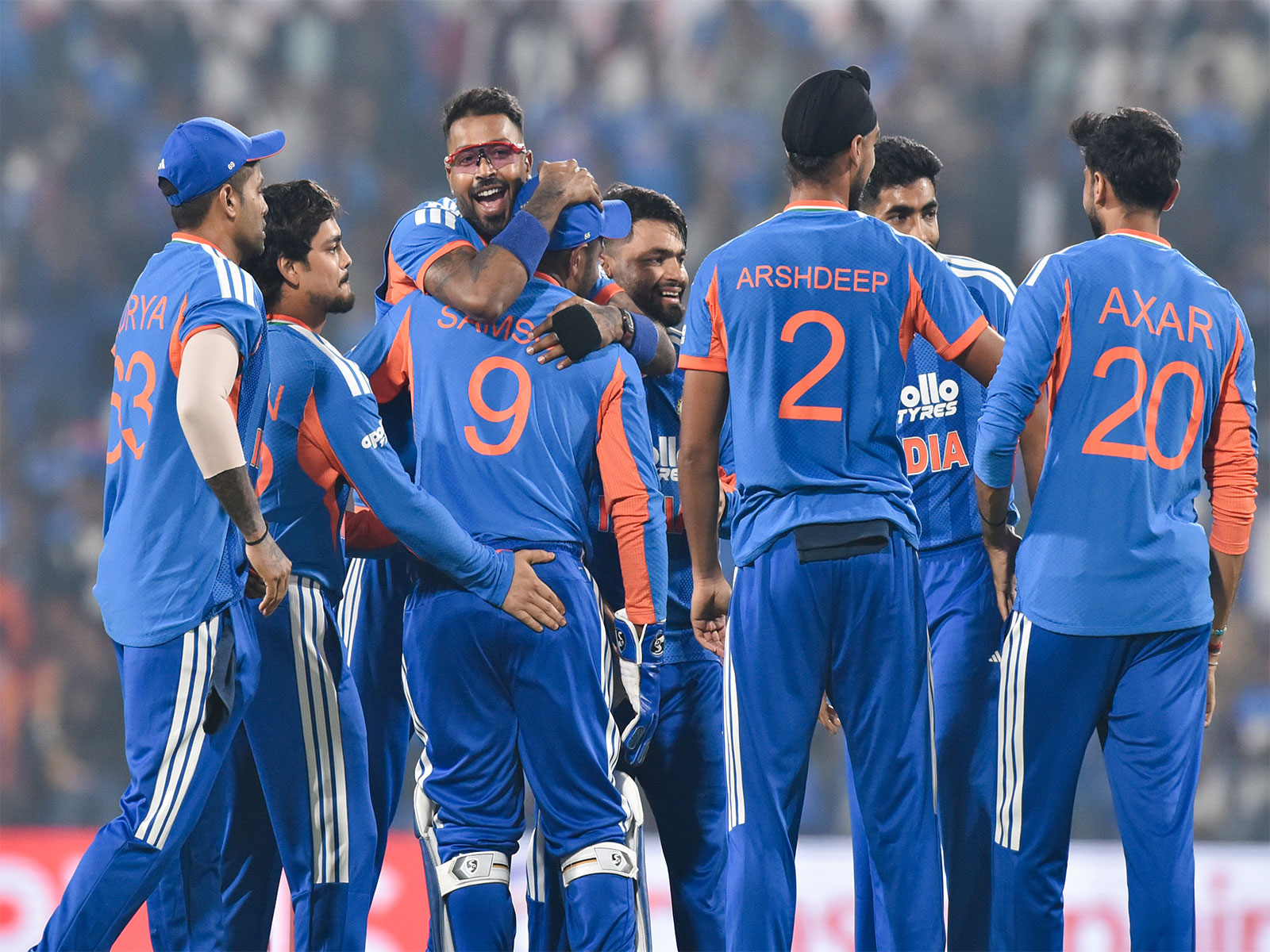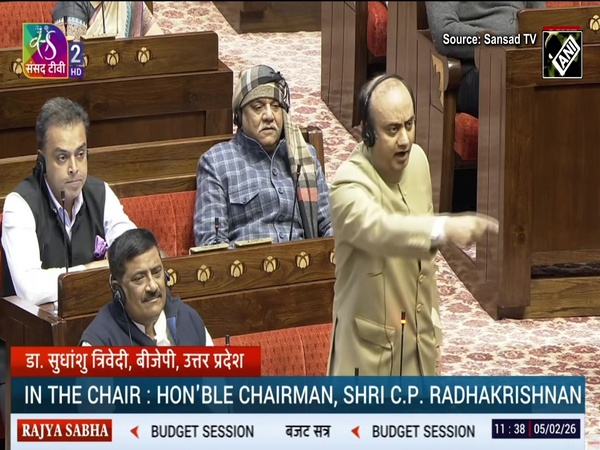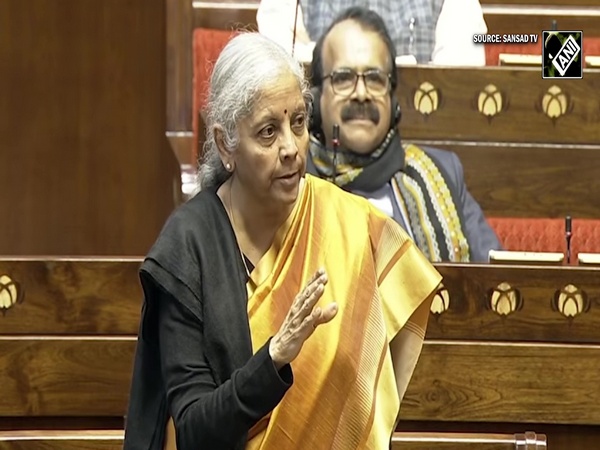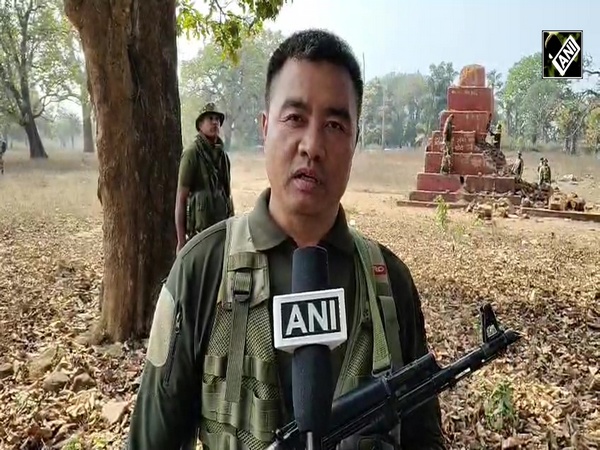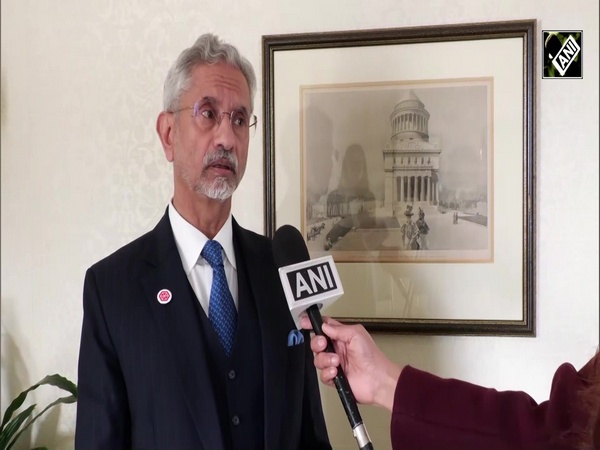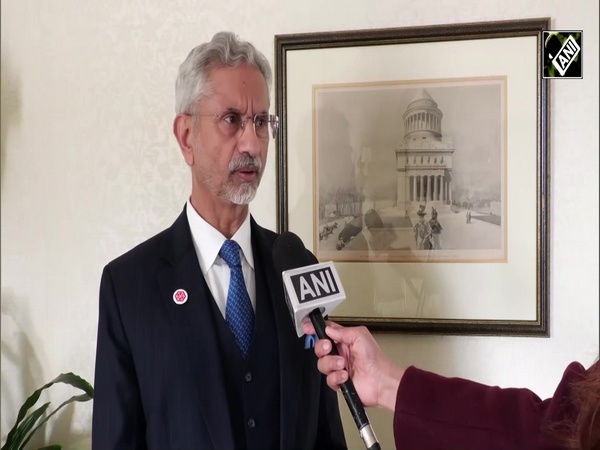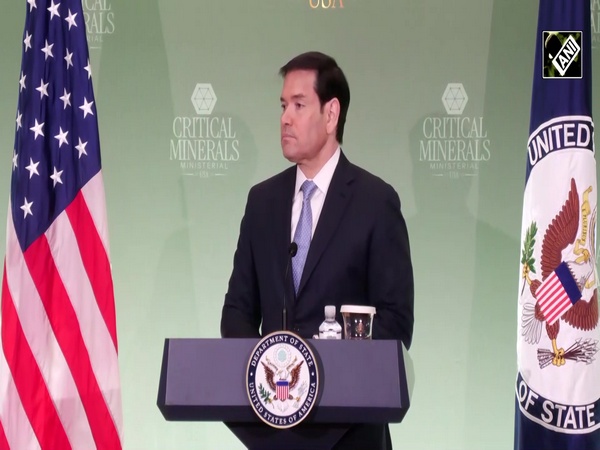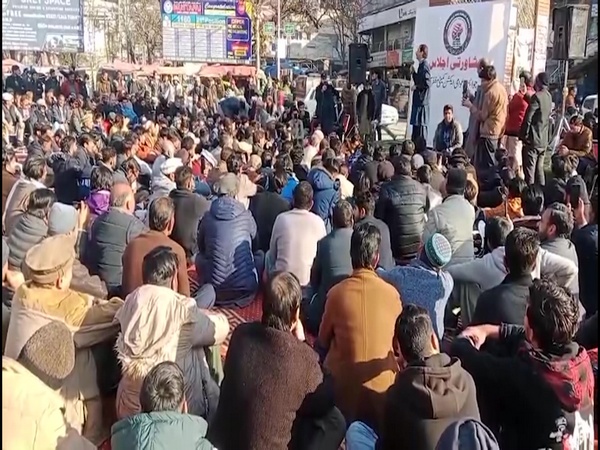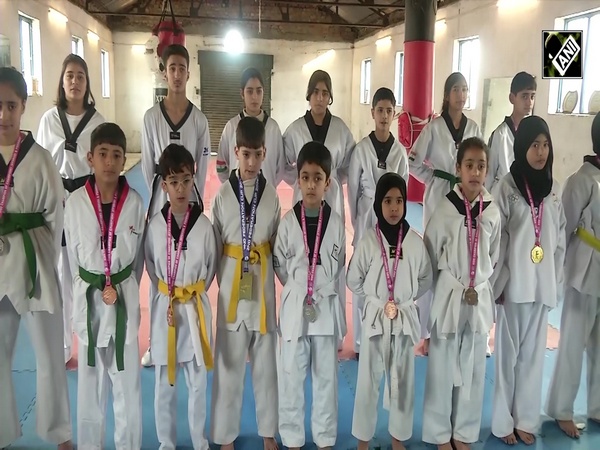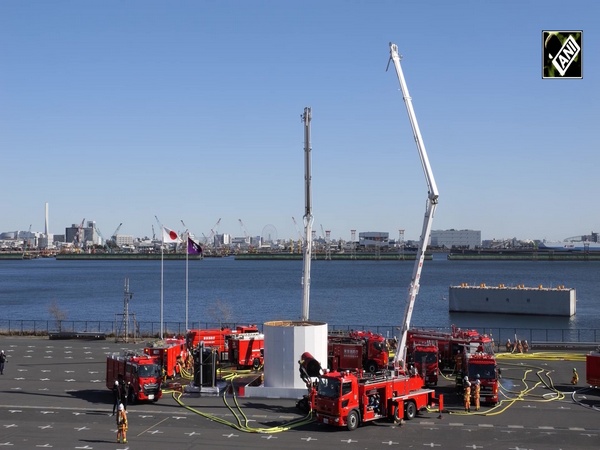Argentina's COVID mortality rate decline by 70-80 pc after vaccination with Sputnik V, AstraZeneca
Jun 26, 2021

Buenos Aires [Argentina], June 26 : Mortality rate from COVID-19 among people older than 60 declined by 70-80 per cent after vaccination with Russia's Sputnik V or AstraZeneca jabs, the Argentinian health ministry said on Friday.
"The first shot generates nearly 80 per cent of immunity. The second shot amplifies this response and gives it more lasting in time," the ministry quoted Minister Carla Vizzotti as saying.
According to the minister, the decision to delay the second shot for up to 12 weeks was right as it was necessary to inoculate as many people as possible. While as per the ministry, the corresponding study involved more than 471,000 people and unlike clinical tests, the results of this survey demonstrate the real efficacy of the vaccines "in real life."
Argentina was the first Latin American country to officially register Sputnik V under the emergency use authorisation procedure. Vaccination with Sputnik V kicked off on December 29, 2020. As many as 3.8 million Argentinians have received both shots of the vaccine and 15.3 million more have been inoculated with the first component.
Meanwhile, on WHO concern over Sputnik V coronavirus vaccine issues with the filling of vials at one plant, the Pharmastanfar - UfaVITA said that the issues did not relate to the safety or efficacy of the vaccine itself, the plant is responsible only for pouring into vials doses of Sputnik V vaccine produced elsewhere.
WHO did not raise any questions about the safety and efficacy of the produced and finished vaccine as the "Sputnik V" vaccine undergoes strictest double quality output control of the Gamaleya Institute and the Russian health regulator (Federal Healthcare Service - Roszdravnadzor), said OJSC Pharmstandard-UfaVITA statement.
Moreover, the WHO interim inspection did not identify any critical issues with the actual vaccine's production, quality, clinical studies, possible side effects, nor with the double quality output control by both the Gamaleya Institute and the Russian health regulator.
Instead, WHO inspectors' attention was focused on only 4 technical issues mostly related to one of the filling lines that have all been subsequently fully addressed, said the statement.
Further, OJSC Pharmstandard-UfaVITA invited WHO for another inspection.

